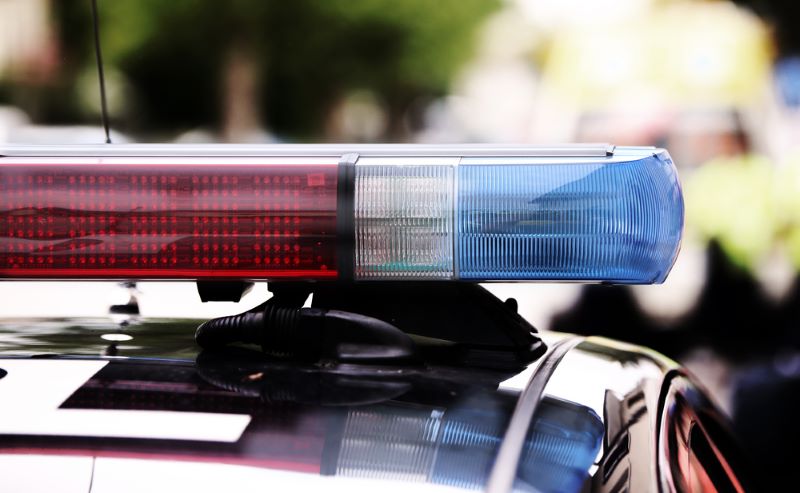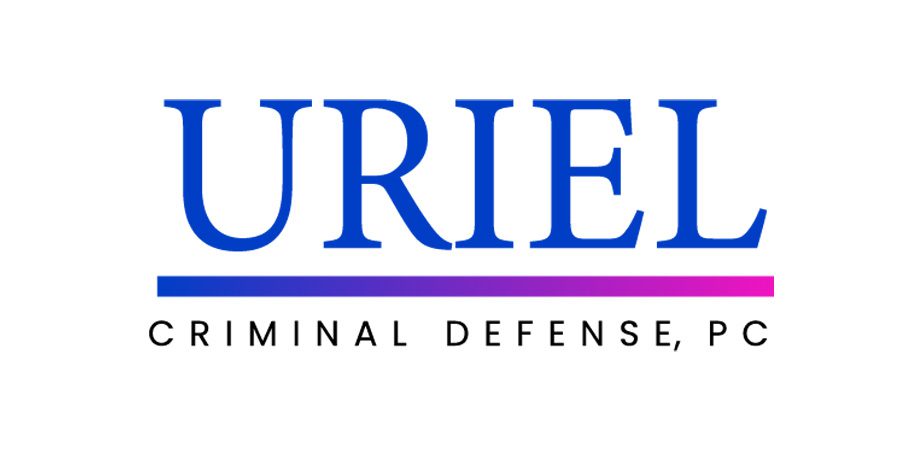A DWI conviction in New York can have significant consequences on your driving privileges. Understanding the potential impacts on your driver's license is crucial for anyone facing DWI charges. This blog will delve into the specifics of how a DWI conviction can affect your license and what steps you can take to mitigate these effects.
Immediate License Suspension
Upon being charged with a DWI in New York, your driver's license may be suspended immediately. This suspension, known as an Administrative License Suspension (ALS), occurs even before your court case is resolved. If you fail a breathalyzer test or refuse to take one, the police officer will issue a suspension notice on the spot. The suspension can last until your court hearing, creating immediate challenges for your daily transportation needs.
It's important to note that you have the right to a hearing to contest this suspension. Requesting this hearing promptly can potentially restore your driving privileges until your case is decided in court. However, you must act quickly, as the window to request a hearing is limited. Failure to do so can result in enduring the suspension until your court date, which could be weeks or even months away.
During this period, securing alternative transportation can become a priority. Many individuals rely on family, friends, or public transportation to meet their needs. However, the impact on your daily life, work, and personal responsibilities can be profound, emphasizing the importance of understanding and addressing the suspension process swiftly.
Post-Conviction License Revocation
If you are convicted of a DWI in New York, your driver's license will likely be revoked. The duration of this revocation depends on several factors, including whether it is your first offense or a subsequent one. For first-time offenders, the revocation period typically lasts six months, while repeat offenders may face much longer revocation periods, sometimes up to a year or more.
During the revocation period, you are not legally allowed to drive, and you must complete any court-mandated requirements, such as attending a DWI education program, before applying for license reinstatement. This period can be particularly challenging, as the inability to drive can affect employment, education, and family responsibilities. Understanding the full scope of these consequences can help you prepare for and manage this difficult time.
Additionally, the revocation period is just the beginning. To regain your driving privileges, you must meet all the requirements set by the court and the Department of Motor Vehicles (DMV). This process includes not only attending mandatory programs but also demonstrating that you have complied with all legal obligations, which can be both time-consuming and costly.

Conditional Licenses and Hardship Privileges
In some cases, individuals convicted of a DWI in New York may be eligible for a conditional license. This license allows you to drive under specific conditions, such as commuting to and from work or school. Applying for a conditional license typically requires enrollment in a Drinking Driver Program (DDP) and paying associated fees.
Conditional licenses are designed to help individuals maintain essential activities while serving their revocation period. However, they come with strict limitations. For example, you may only be allowed to drive during certain hours or for specific purposes, such as medical appointments or court-ordered activities. Violating these conditions can result in the immediate revocation of your conditional license and additional penalties.
Additionally, hardship privileges might be granted at a post-suspension hearing. These privileges are more restrictive than conditional licenses and are generally intended to prevent undue hardship caused by the inability to drive. To obtain hardship privileges, you must provide evidence that the inability to drive will cause significant and unavoidable hardship, such as losing your job or being unable to care for a dependent family member.
Steps to Reinstating Your License
After the revocation period ends, you must follow certain steps to reinstate your driver's license. This process includes paying a reinstatement fee, completing the DDP, and potentially installing an ignition interlock device in your vehicle. The ignition interlock device requires you to pass a breath test before the vehicle can start, ensuring that you do not drive under the influence again.
The reinstatement process can be complex and may require multiple steps. For instance, you must obtain proof of completion for any court-ordered programs, pay all necessary fees, and submit the appropriate forms to the DMV. In some cases, you may also need to attend a hearing to demonstrate that you are prepared to resume driving safely.
Moreover, the ignition interlock device is an additional layer of security and compliance. These devices are typically required for a certain period following the reinstatement of your license. They not only prevent you from starting the vehicle if you have alcohol in your system but also require periodic checks to ensure continued compliance. Failing to comply with these requirements can result in further penalties and extended revocation periods.
Our DWI defense attorneys can help you understand the complexities of DWI charges and their impact on your driving privileges. We work diligently to protect your rights and provide the guidance you need to minimize the consequences on your life. With our experienced team by your side, you can take proactive steps to manage the legal process and work towards a positive outcome.
If you need help with a DWI case, don't hesitate to contact us. Our experienced team is here to assist you through every step of the process.

